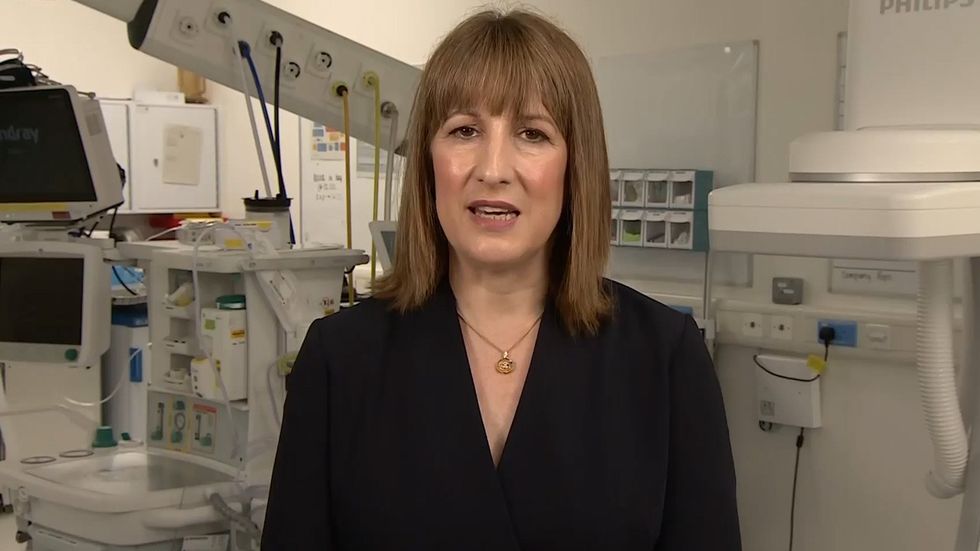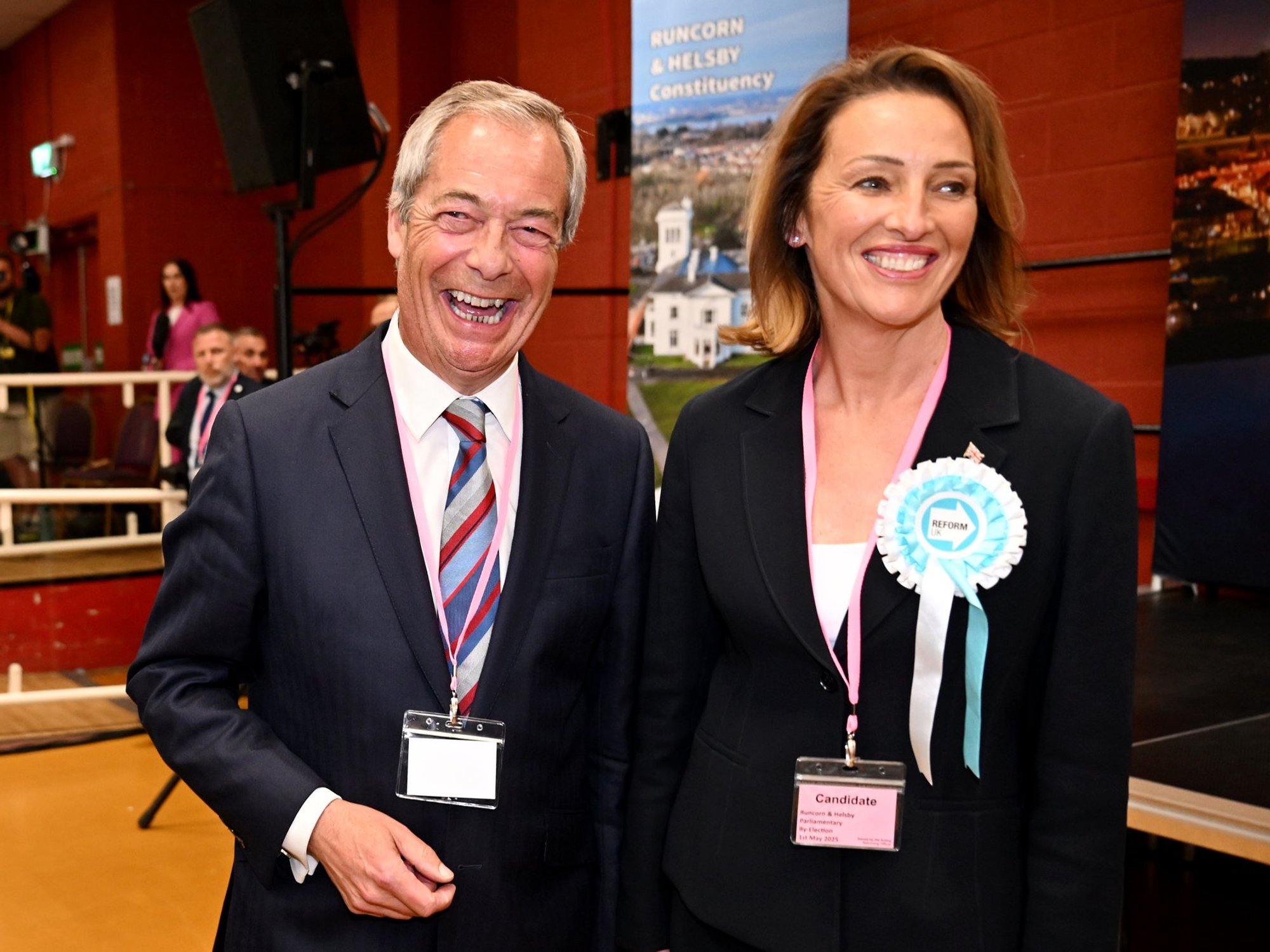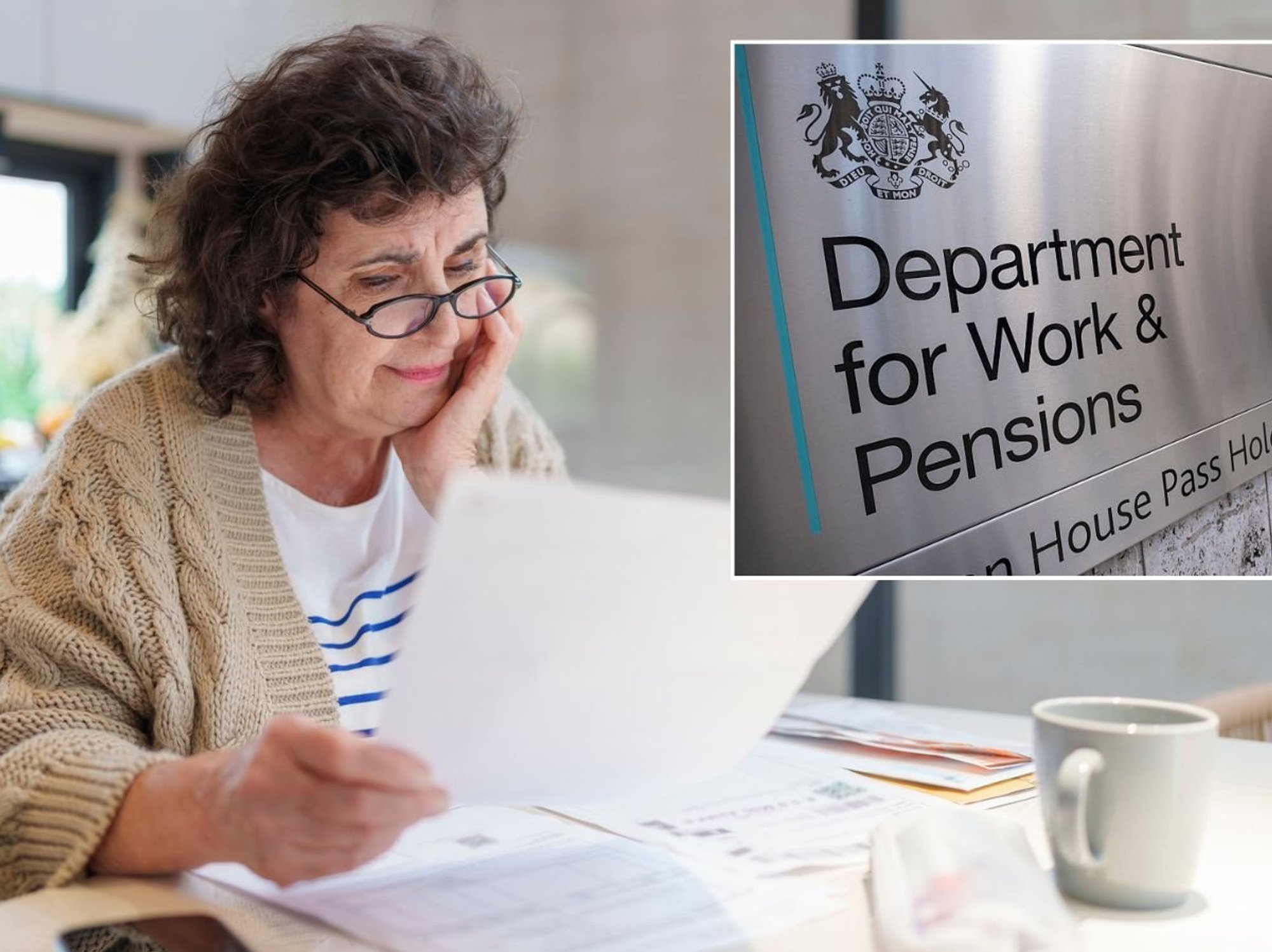Families could avoid Labour's inheritance tax raid on pensions under new HMRC-friendly proposals

Both proposals would remove unused pensions from inheritance tax estate calculations entirely
Don't Miss
Most Read
Grieving families could be spared the full force of Labour's planned pension tax reforms under new proposals backed by industry leaders.
The alternative models would overhaul how inherited pensions will be taxed, avoiding the tax hit up to 67 per cent, that many beneficiaries currently face from 2027.
The Investing and Saving Alliance (TISA) is proposing simpler alternatives that could spare grieving families from administrative chaos.
Their research, produced by Oxford Economics, outlines two alternative approaches to the Treasury's plans to bring unused pension funds into the inheritance tax regime from April 2027.
Both proposals would remove pensions from IHT estate calculations entirely.
Beneficiaries would either be taxed directly at their marginal rate, or alternatively, a standalone flat rate "inheritable pension tax charge" would be due on benefits above a nil rate threshold.
The alternative models would "integrate with existing HMRC processes" whilst avoiding increased pressure on personal representatives, who are often family members dealing with complex responsibilities during bereavement.
Renny Biggins, Head of Retirement at TISA said: "The Government's proposal to include unused pension funds within IHT risks creating unnecessary stress and delays for grieving families and causing long-term behavioural change among consumers that we don't yet fully understand, particularly around pension contribution levels and withdrawals. Britons are being worried about the looming changes to inheritance tax | GETTY
Britons are being worried about the looming changes to inheritance tax | GETTY "Instead, our research offers alternative approaches to consider, which would protect vulnerable people, support grieving families, and preserve confidence in pension saving."
TISA maintains that pensions should remain outside the IHT regime with their own tax system, as pension funds receive tax relief unavailable to other savings products.
Biggins added: "The two alternatives we’ve set out offer a simple and proportionate approach, taxing beneficiaries on what they receive in a way that still discourages the use of pensions as a wealth transfer vehicle but does not pull unused pensions into the complex inheritance tax system."
Industry leaders have united in condemning the proposals as unworkable and potentially devastating for bereaved families.
Andrew Tully, Technical Director at Nucleus said: "Including pensions within the IHT environment will deliver poor outcomes for customers, beneficiaries, personal representatives, the industry, and HMRC.

Financial advisers are already witnessing significant behavioural changes among clients ahead of the 2027 implementation date
| GB News"This complex process will cause bereaved families confusion and stress at a difficult time and doesn't fit well with the support firms may want to provide people who are likely to be vulnerable following the death of a loved one.
"This research demonstrates there are other options which allow the Government to increase its tax take on wealthier people passing on pension wealth, while avoiding the numerous problems created by bringing pensions into IHT. I hope the Government seriously consider alternatives rather than simply pushing ahead with the proposed complex and punitive rules."
Tom Selby, Director of Public Policy at AJ Bell, warned that "bereaved families of people who have saved diligently all their lives" would be "left to handle this administrative nightmare".
He continued: "Anyone who has had the misfortune of dealing with IHT knows that probate can already be a tortuous process without throwing the complexity of potentially multiple pensions into the mix. The alternatives set out in this paper would be infinitely simpler and achieve exactly the same annual cost saving to the Exchequer.
Financial advisers are already witnessing significant behavioural changes among clients ahead of the 2027 implementation date.
A survey of 301 advisers conducted between March and April revealed that 53 per cent have had new clients approaching them seeking advice, whilst 84 per cent reported increased queries around estate planning.
Almost two-thirds of advisers have seen clients request to access their pensions early, with 62 per cent asking about gifting rules.
Rachel Vahey, head of public policy at AJ Bell said: "Given that nothing is yet final, the fact that many people are already making decisions about their long-term finances is concerning, but it is understandable that clients want to explore their options and take action."
These premature withdrawals could lead to poorer retirement outcomes and undermine pension adequacy. The proposals could result in beneficiaries facing a "double whammy" of both IHT and income tax on inherited pensions, with higher-rate taxpayers potentially facing a marginal tax rate of at least 64 per cent.

The proposals could result in beneficiaries facing a "double whammy" of both IHT and income tax on inherited pensions
| GETTYPete Maddern, Managing Director of Retirement at Canada Life UK, highlighted particular concerns about annuities and death in service benefits being captured, noting these provide "a critical short-term financial lifeline for families coping with the loss of a working age earner".
The Treasury defended its position, stating the changes would ensure pensions fund retirement rather than wealth transfer, with over 90 per cent of estates continuing to pay no inheritance tax.
Industry leaders are urging constructive dialogue before 2027, with TISA's proposals supporting the Government's goal to reduce regulatory costs by 25 per cent this Parliament.
Biggins said: "Our proposals would ease the burden on scheme members, beneficiaries and the industry, while also supporting the Government’s goal to reduce regulatory costs by 25 per cent this Parliament."
More From GB News











